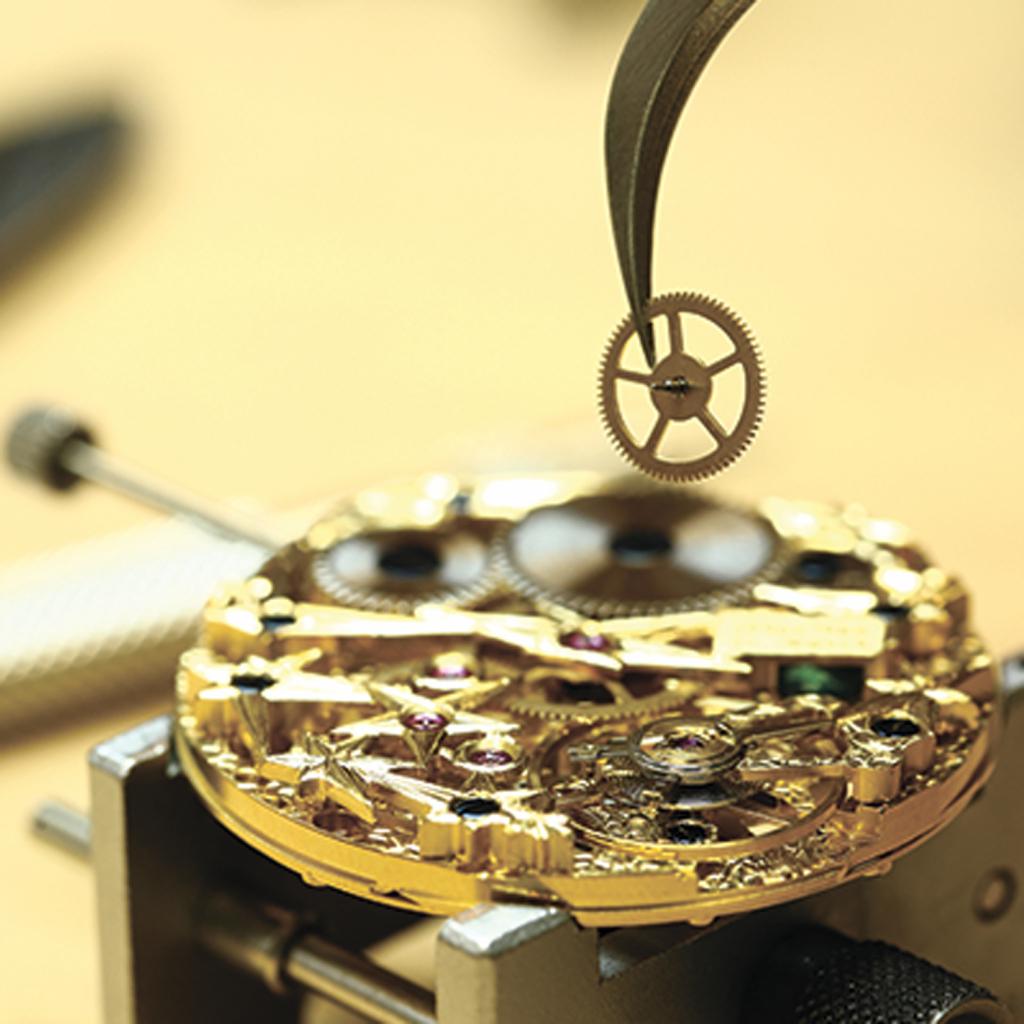
How to care for mechanical watches?
Quality mechanical watches often come with a hefty price tag, but they will last you for many years if you take proper care of them. By following a few simple rules, your watch will run flawlessly, keep time accurately, and still present a flawless appearance.
How does the clock work?
To properly care for your watch, it is important to understand how it works. The simplest mechanisms consist of several tens and sometimes hundreds of parts, and watches with additional indication can contain up to 300 elements. It is also worth noting that all the parts in the watch are really small, but they work with high accuracy. It is not difficult to guess that even the slightest damage can adversely affect its work. Of course, these latest watches are highly resistant to mechanical damage, but this does not mean that they should not be used. carefully and with due care. For this reason, in the following article, we will discuss the most important principles of how mechanical watches work.
Lubrication first
The operation of watches is based on the constant movement of the mechanical elements from which they are made. Watches, like any other mechanical device, require the use of lubricants ensuring their free operation without friction interfering with the smoothness of movement. For this, mineral or synthetic lubricants are used. However, it should be remembered that the lubrication of the watch should be carried out by the watchmaker, who will also check the general condition of the mechanism. It should be noted that lubricants lose their properties over time, so this operation should be performed repeat every 5 years watch use.
Watch water resistance
Most mechanical watches have a water resistance of 30m, which confirms the 3ATM class. However, this does not mean that you can swim or swim in this watch. This level of waterproofing protects the mechanism from splashes for example, when washing hands or in the rain. However, keep in mind that over time, all watch parts wear out, including seals that protect the mechanism from moisture and dirt. This can lead to the deposition of water vapor on the watch glass, and in the worst case, damage to the mechanism, so when visiting a watchmaker, we recommend that you take into account gasket replacement, to avoid failure.
Rapid temperature changes
Each timer consists of elements whose correct operation is necessary correct temperature. As you know, the watch mechanism consists of many metal parts, which become more or less plastic under the influence of temperature. For this reason, the watch should not be exposed to lower or higher temperatures, i.e. below 0°C and above 40°C. Large temperature fluctuations that occur on the beach, where we submerge the watch in cold water after exposure to the sun - in such situations it is best to leave the watch at home.
The tips above should keep the timer working properly for years to come, but they are necessary. regular visits to the watchmakerso you will avoid many serious malfunctions that prevent further use of the device.
Leave a Reply